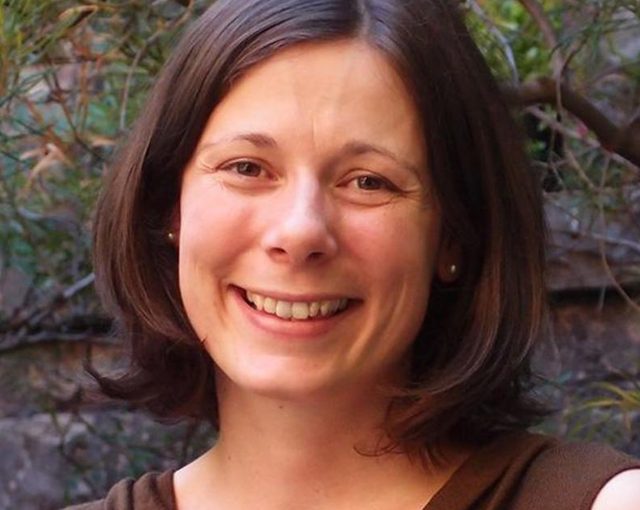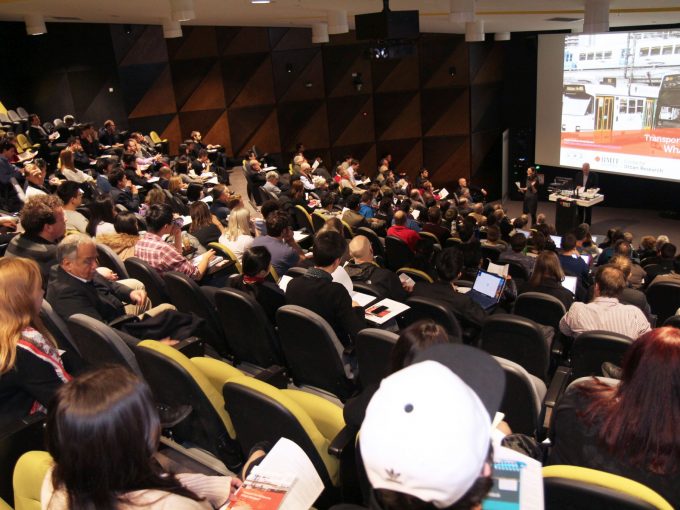A new study by RMIT offers valuable lessons for community participation in controversial transport projects, examining how citizens respond to the politics of transport decision-making.
In the wake of controversial large-scale transport projects such as the Western Distributor and Sky Rail, the study Is there a crisis of participatory planning? by Dr Crystal Legacy from the RMIT Centre for Urban Research, investigates the transport planning process of the East West Link project, challenging the idea that politics can be removed from infrastructure planning.
“In the case of the East-West Link, there was no political mandate to put this project as a top priority for Victorians,” she said.
“It appeared in Plan Melbourne with no public discussion.”
“Yet this project became political and it formed part of the central platform for Daniel Andrews in the 2014 state election.
“Although Andrews was elected on a transport platform which included the West Gate Distributor, now in power, we have received an expanded version of what is now called the Western Distributor – an unsolicited proposal.”
This is an important lesson for future transport proposals, says Legacy, who recommends a renewed focus on public debate and citizen engagement.
“A renewed focus will allow for greater scrutiny of the public benefits resulting from these projects, otherwise they will remain the focus of ongoing community conflict and lead to a lack of acceptance and cynicism.”
The paper also explores the politics of participation through different political moments that occur in planning, including what techniques are used to engage citizens, citizens’ responses to these invitations and techniques, and then how those two are shaped by political context, such as a close state election.
Legacy interviewed 15 key protagonists from different community campaigns who opposed the controversial East West Link road project and also drew on in-depth analysis of external resources including social media responses, policy documents and public hearings.
“The analysis of the East West Link case study also discusses how citizen’s participation may evolve with the political situation,” Legacy said.
“This leaves open the possibility to recognise and reshape the different ways citizens engage in transport planning, while challenging our own thinking on what participatory planning is for, and for who or what it is ultimately serving.”
For interviews: Dr Crystal Legacy, (03) 9925 5243 or 04325390845.
For general media enquiries: Chanel Bearder, (03) 9925 0917 or 0432140673.





